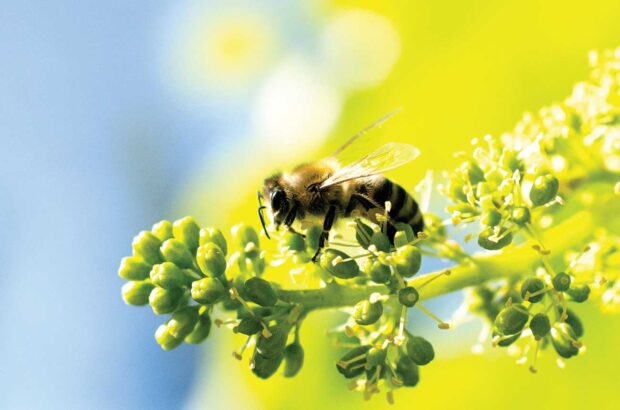Regardless of whether you have an extensive and valuable cellar or not, you will often need to decant bottles to fully appreciate them. It is a mistake to think that only old, mightily expensive wines need to be decanted. Very mature wines might in fact not benefit from the process at all, rather losing all their fragile subtleties in the process.
Many young wines, on the other hand, need a bit of oxygen to open up and show their aromatic complexity in full. This is especially the case if they have been produced with reductive winemaking techniques and/or varieties prone to reduction (such as Syrah or Sauvignon Blanc).
Read Steven Spurrier’s guide on why, when and how to decant
There’s an impressive range of decanters available, many with fancy designs and shapes. Spoiled for choice, it’s also easy to get confused about which one serves the fundamental purpose best.
For Federico Moccia, head sommelier at 67 Pall Mall, the choice of decanter should not be about model, price or brand. ‘For me it’s all about the shape. The best decanter is shallow and wide, maximising the liquid surface in contact with air. The main point of decanting is, after all, oxygenating the wine!’
Classics such as the Riedel Ultra, Spiegelau Authentis or Andrew James are great choices, the latter two also being outstanding value options. If decanting a magnum the 67 team will ‘simply use two regular decanters. We used to have big magnum decanters but it’s incredibly hard and uncomfortable to pour from them.’ And at home they will take a disproportionate amount of space in the kitchen cabinet.

Riedel Ultra, Spiegelhaus Authentis and Andrew James decanters
Decanting also allows to clear the sediment accumulated in long-aged bottles, especially of red and Port wines. ‘Old vintage Ports can have an incredible amount of sediment and definitely need to be decanted. Aeration also allows for the finer primary fruit to be released after such an extended time in bottle.’ says Moccia. ‘I also like to decant Sauternes. The exposure to oxygen really helps to bring out a more complex combination of fresh fruit and botrytis aromas.’ It also separates any tartrate crystals that might have been formed. In this case a smaller decanter might do the job, while being more manageable when pouring.
What if a wine has significant sediment but does not need decanting? ‘Sometimes an old vintage, already fully developed and dominated by tertiary characters, will not benefit from decanting but clearly has a lot of sediment which is not nice when serving’ explains Moccia. In that case, he will carefully pour the wine into the guests’ glasses; when the sediment starts to emerge he will filter the remaining wine into a small decanter or carafe, such as the industry staples from Arcoroc or Dartington. As a filter he recommends a folded muslin or, quite simply, an unused kitchen J cloth.

Dartington and Arcoroc carafes
Some sparkling wines are also worth decanting, especially if the base wines went through long maturation in oak. It’s good to be careful, however, as decanting will obviously cause loss of bubbles. ‘As a rule I don’t recommend decanting sparkling wines. If it ‘s actually beneficial then I’ll use a narrower and taller decanter.’ Models such as the Riedel Cabernet (below) will strike a better balance between aromatic improvement and preservation of bubbles.

How about some of the fancy aeration systems and gadgets that have popped up in recent years? ‘They definitely work but I’m not a fan. I think it’s better to allow the wine to oxygenate slowly, more naturally.’ Depending on time availability, the team at 67 Pall Mall typically decant for anything between 45 mins and two hours. ‘I don’t think there’s a benefit in decanting much longer. The wine will open up further in the glass anyway.’
As Moccia pointed out, decanting is fundamentally about facilitating an oxidation process. If lacking a fancy, special-purpose vessel you can double decant – which is also a good solution if you want to expedite the process – and use any available container (a water jug for example). Then simply pour the wine back into the original container. This is also commonly done when guests want their wine poured from the original bottle – something Moccia and his team are used to at the London club, where so many iconic bottles are poured. ‘They might be wines from the member’s own collection and they want to show them off. So we will double decant after cleaning all the sediment in the bottle.’
The bottom line is that one does not need to break the bank to decant and bring a wine to its full splendour. Find the best decanter based on function and purpose, not price or design. The true value is in the wine about to be drunk. All-rounders such as the Riedel Performance and the Spiegelau Casual Entertaining will cover you on all bases without fuss and at a very reasonable cost.

Great all-rounders: the Riedel Performance and the Spiegelau Casual Entertaining







